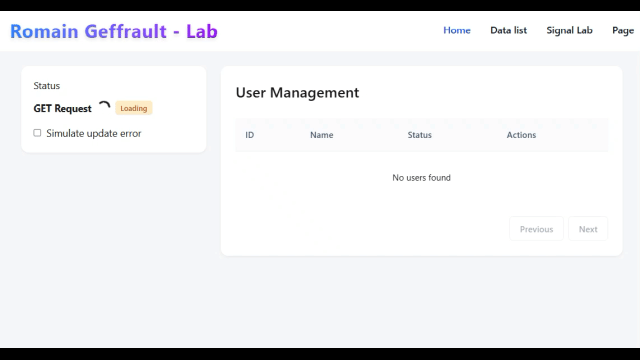The Future of QA: Best AI Test Management Tools in 2025
TL;DR: Top 3 Picks for AI Test Case Management Tools Short on time? Here is my quick pick for the top 3 AI Test Case Management tools in 2025: BrowserStack: With features to generate test cases from simple inputs with AI, you get the ability to execute web, mobile and regression tests on a real device stack. Paired with solid reporting and observability, you get a product that can handle any test management scenario. Qase: Offers a robust test case management tool with AI integrated features that is modern, customisable and extensible. Convert manual tests to automated with AI and integrate with custom reports for a comprehensive testing process. Testsigma: It offers a complete feature set for low-code test generation, management and execution; for web, mobile and API tests with a modern interface and an AI copilot that is there to help you at each step of the process. What are AI Test Case Management Tools? The AI boom is still going on strong and one of its most prominent areas of influence has been the technology sector itself.Transforming every process, from coding to testing, including test case design and management. Generative AI has been leading the charge with new use cases coming in by the clock. AI powered Test Case Management (TCM) is among the promising ones owing to the powerful language, reasoning and coding capabilities of the latest AI models. AI can now read documents like business requirements or system designs, understand the structure and dependency graphs, and perform actions like the generation of structured outputs guided by an input prompt provided by the user. As these capabilities move to more refined stages, many or most traditional tools for text-based work, such as test case authoring, test plan design, and test reporting, are seeing rapid adoption of AI technology, ushering in the era of AI TCM Who Benefits from AI Test Management Tools? Anyone involved in software quality stands to gain significantly, provided they embrace the tech and integrate it thoughtfully. It's not just about replacing manual effort; it's about augmenting our capabilities. Where QA used to spend hours translating dense requirement docs into test scenarios, with AI assistance, now we can generate initial drafts in minutes, freeing up time to focus on exploratory testing, complex edge cases, and refining the AI's output. Small teams and Startups get a massive head start. They can adopt these tools from day one, building efficiency into their processes without the baggage of legacy systems. Established players with established processes can also leverage the same tech but with a slight curve for training and adoption alongside existing processes. Whether you look from the angle of tech leadership, project management, or individual QA resources, AI test management appeals to all levels, although choosing the right tool for your task could be tiring due to the many options in the market. Key Features to Look for in AI Test Management Tools in 2025 As AI evolves, so do the capabilities of these tools. Here are the key AI-powered features that will define the leading platforms: Appropriate Interfacing: Having the right AI feature at the right place, enabling the user to leverage the AI where it matters the most is a key factor that distinguishes great products from the sloppy ones. Look for products with deep AI integration with intuitive ways to call AI functions. Intelligent Test Case Generation: Look for AI that can generate comprehensive test cases (including steps, expected results, and data) from diverse inputs like user stories, requirement documents, design mockups, and even by analyzing the application URL or code repositories. AI-Powered Test Maintenance & Self-Healing: While more common in automation tools, integration with TCM is key. AI should help identify and suggest updates for test cases impacted by UI or requirement changes, reducing maintenance overhead. Duplicate and Redundancy Detection: AI that intelligently scans existing test suites to identify duplicate scenarios or tests with significant overlap, helping streamline test libraries. Smart Test Result Analysis & Anomaly Detection: Moving beyond simple pass/fail. AI should cluster similar failures, identify flakiness patterns, correlate failures with potential root causes, and detect anomalies in execution times or results. Enhanced Traceability: AI assistance in automatically mapping test cases to requirements, user stories, and defects, ensuring comprehensive coverage and simplifying compliance/auditing. Natural Language Querying: The ability to ask questions about test status, coverage, or results in plain English and get intelligent, summarized answers. Integration with AI-Driven Automation & Observability: Seamless workflows between AI TCM, AI-powered test automation frameworks, and observability platforms to provide a holistic view of quality and performance.
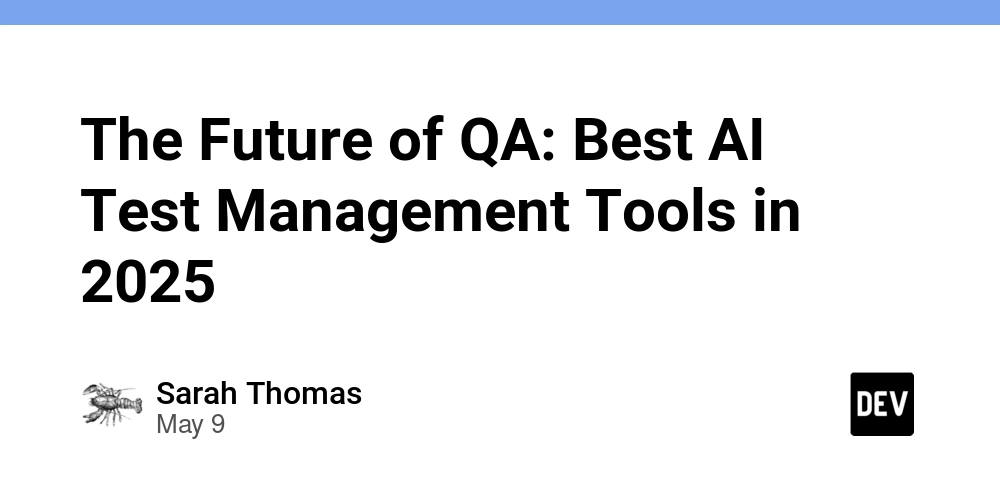
TL;DR: Top 3 Picks for AI Test Case Management Tools
Short on time? Here is my quick pick for the top 3 AI Test Case Management tools in 2025:
- BrowserStack: With features to generate test cases from simple inputs with AI, you get the ability to execute web, mobile and regression tests on a real device stack. Paired with solid reporting and observability, you get a product that can handle any test management scenario.
- Qase: Offers a robust test case management tool with AI integrated features that is modern, customisable and extensible. Convert manual tests to automated with AI and integrate with custom reports for a comprehensive testing process.
- Testsigma: It offers a complete feature set for low-code test generation, management and execution; for web, mobile and API tests with a modern interface and an AI copilot that is there to help you at each step of the process.
What are AI Test Case Management Tools?
The AI boom is still going on strong and one of its most prominent areas of influence has been the technology sector itself.Transforming every process, from coding to testing, including test case design and management.
Generative AI has been leading the charge with new use cases coming in by the clock. AI powered Test Case Management (TCM) is among the promising ones owing to the powerful language, reasoning and coding capabilities of the latest AI models.
AI can now read documents like business requirements or system designs, understand the structure and dependency graphs, and perform actions like the generation of structured outputs guided by an input prompt provided by the user.
As these capabilities move to more refined stages, many or most traditional tools for text-based work, such as test case authoring, test plan design, and test reporting, are seeing rapid adoption of AI technology, ushering in the era of AI TCM
Who Benefits from AI Test Management Tools?
Anyone involved in software quality stands to gain significantly, provided they embrace the tech and integrate it thoughtfully. It's not just about replacing manual effort; it's about augmenting our capabilities.
- Where QA used to spend hours translating dense requirement docs into test scenarios, with AI assistance, now we can generate initial drafts in minutes, freeing up time to focus on exploratory testing, complex edge cases, and refining the AI's output.
- Small teams and Startups get a massive head start. They can adopt these tools from day one, building efficiency into their processes without the baggage of legacy systems.
- Established players with established processes can also leverage the same tech but with a slight curve for training and adoption alongside existing processes.
Whether you look from the angle of tech leadership, project management, or individual QA resources, AI test management appeals to all levels, although choosing the right tool for your task could be tiring due to the many options in the market.
Key Features to Look for in AI Test Management Tools in 2025
As AI evolves, so do the capabilities of these tools. Here are the key AI-powered features that will define the leading platforms:
- Appropriate Interfacing: Having the right AI feature at the right place, enabling the user to leverage the AI where it matters the most is a key factor that distinguishes great products from the sloppy ones. Look for products with deep AI integration with intuitive ways to call AI functions.
- Intelligent Test Case Generation: Look for AI that can generate comprehensive test cases (including steps, expected results, and data) from diverse inputs like user stories, requirement documents, design mockups, and even by analyzing the application URL or code repositories.
- AI-Powered Test Maintenance & Self-Healing: While more common in automation tools, integration with TCM is key. AI should help identify and suggest updates for test cases impacted by UI or requirement changes, reducing maintenance overhead.
- Duplicate and Redundancy Detection: AI that intelligently scans existing test suites to identify duplicate scenarios or tests with significant overlap, helping streamline test libraries.
- Smart Test Result Analysis & Anomaly Detection: Moving beyond simple pass/fail. AI should cluster similar failures, identify flakiness patterns, correlate failures with potential root causes, and detect anomalies in execution times or results.
- Enhanced Traceability: AI assistance in automatically mapping test cases to requirements, user stories, and defects, ensuring comprehensive coverage and simplifying compliance/auditing.
- Natural Language Querying: The ability to ask questions about test status, coverage, or results in plain English and get intelligent, summarized answers.
- Integration with AI-Driven Automation & Observability: Seamless workflows between AI TCM, AI-powered test automation frameworks, and observability platforms to provide a holistic view of quality and performance.
List of Recommended AI Test Case Management Tools in 2025
BrowserStack Test Management is a robust platform for modern QA teams, integrating test case creation, management, and reporting with its ecosystem of cross-browser/device testing, visual testing, and observability tools. It streamlines workflows by combining AI-driven test management with execution on real devices, catering to diverse testing needs.
AI Capabilities:
- Generates detailed test cases from plain text, requirement documents, or URLs, with customizable prompts for refined outputs.
- Identifies redundant or similar test cases to optimize test suites.
- Provides AI-driven recommendations for test prioritization based on historical data and usage patterns.
Feedback:
- With 4.5/5 stars on G2.com, users praise BrowserStack’s ease of use, real device testing and cross browser testing capabilities. Some users have concerns about the pricing and performance in some scenarios.
- Discussions on r/softwaretesting commend BrowserStack’s ecosystem for cross-browser testing but mention occasional concerns about pricing for smaller teams. AI features receive positive mentions for simplifying test design.
Pricing:
Generous free tier for Test Management and visual testing, tier based pricing for other products in their range, check pricing page for more information.
Why Choose BrowserStack's AI test case management tool?
Ideal for teams looking for a complete TCM product, integrated with native AI features and the power of BrowserStack cloud for execution and debugging.
Testim is an AI-powered test automation platform focused on web and mobile applications, enabling fast test authoring, execution, and maintenance. Integrated with the Tricentis lineup, it offers test recording options to streamline functional and UI testing.
AI Capabilities:
- Testim Copilot uses generative AI to create custom tests, explain test code, and fix issues, boosting productivity.
- AI-driven locators auto-improve to maintain test stability despite UI changes, reducing maintenance.
- AI analyzes flows to suggest reusable components, enhancing test architecture.
Feedback:
- Rated 4.5/5 on G2.com, users praise Testim’s ease of use and Smart Locators for stable tests. Some mention the professional license cost as a barrier for small teams.
- Posts on r/QualityAssurance highlight Testim’s intuitive codeless testing, ideal for non-coders.
Pricing:
They offer a free tier for 14 days, post which you can either use the community version with limitations or sign up for a paid plan.
Why choose it?
Perfect for agile teams needing rapid, low-code, low-maintenance test automation for dynamic web and mobile apps.
ACCELQ is a cloud-based, AI-powered codeless test automation and management platform supporting web, mobile, API, desktop, and manual testing. It emphasizes a no-code approach with a natural language based test case design process.
AI Capabilities:
- Uses AI to develop test scenarios via predictive analytics and path analysis, ensuring comprehensive business process coverage.
- Adapts to application changes with multi-step heuristics, reducing test maintenance efforts.
- Allows test logic creation in plain English, simplifying automation for non-coders.
- AI-driven data abstraction ensures consistent test data across scenarios and environments.
Feedback:
- Some mention high pricing for smaller teams and issues with the learning curve.
- Limited recent mentions, but older r/QualityAssurance threads commend its Salesforce testing capabilities and ease for non-technical users.
Pricing:
ACCELQ offers subscription-based pricing with a free trial. Specific costs aren’t publicly listed; plans vary by testing needs.
Why choose it?
Ideal for enterprises seeking codeless, AI-driven automation across complex tech stacks and a business-driven test case design process.
Mabl is an AI-native, low-code test automation platform for web, mobile, API, accessibility, and performance testing. It offers test recording features for smart test capture and codeless test creation.
AI Capabilities:
- Generates structured tests from plain language inputs like requirements or user stories, learning from existing tests for scalability.
- Adapts tests to UI changes, minimizing maintenance with AI-powered reliability.
- Automatically creates assertions and summarizes test failures for faster debugging.
- Analyzes test suites to identify gaps and optimize coverage across user journeys.
Feedback:
- G2.com rated 4.5/5, users praise Mabl’s ease of use, low-code interface, and AI auto-healing. Some report slow execution and limited browser support as drawbacks.
- r/QualityAssurance threads commend Mabl’s intuitive UI for non-coders and CI/CD integration, with minor gripes about customization limitations for complex scenarios.
Pricing:
Mabl offers flexible pricing tailored to team needs, with a 14-day free trial. Plans include accessibility testing add-ons and premium support, but specific costs require contacting sales.
Why choose it?
Best for agile teams needing scalable, low-code automation to unify testing across web, mobile, and APIs with minimal maintenance.
Qase is a cloud-based test management platform for QA and Dev teams, offering tools for test case creation, defect tracking, test plans, and reporting. It supports manual and automated testing with a user-friendly interface.
AI Capabilities:
- Generates test cases from requirements using AIDEN QA Architect, streamlining test design.
- Converts manual tests to automated tests with a single click, selecting test type and language to reduce scripting time.
- Repository analyser scans existing tests and helps you identify opportunities for high-value automation.
Feedback:
- G2.com rated 4.7/5, users highlight Qase’s intuitive UI, integrations and helpful support. Some report minor bugs and limited features.
- r/QualityAssurance praises Qase’s simplicity over TestRail for small teams, but some note it lacks advanced automation features compared to competitors.
Pricing:
Qase offers a free plan with core features, 500MB storage, and up to 3 users. Paid plans start at $20/month per user for the Startup tier, with Business and Enterprise options for advanced features.
Why choose it?
Ideal for small to mid-sized teams seeking an affordable, intuitive platform for manual and light automated testing with strong integrations.
Functionize is a cloud-based testing platform that leverages AI and machine learning to streamline test creation, execution, and maintenance. It offers solutions for functional, visual, and end-to-end testing, with a focus on agentic digital workers to accelerate QA processes
AI Capabilities
- Multiple layers of AI tooling with Agentic AI, Enterprise Application Intelligence and ML Architect.
- Uses generative AI to create test cases from natural language inputs, requirements, or application analysis, reducing manual authoring time.
- Automatically adapts test scripts to UI changes, minimizing maintenance efforts.
- Prioritizes tests based on code changes and risk analysis, optimizing regression cycles.
- AI analyzes test results to identify patterns, flakiness, and potential root causes of failures.
Feedback:
- G2.com scores around 4.7/5, with users praising its intuitive AI-driven test creation and self-healing capabilities.
- Reddit threads highlight Functionize’s ease of use for non-technical QA teams. Some users mention integration challenges with legacy systems as a drawback.
Pricing:
No public pricing is listed; interested users must contact their sales team for a quote. A free trial is available to explore core features.
Why choose it?
Functionize is best suited for teams seeking to minimize test maintenance and accelerate functional testing with AI-driven automation and enterprise AI for QA.
Katalon TestOps is a comprehensive test orchestration platform designed to streamline test management, planning, execution, and analytics. It integrates seamlessly with Katalon Studio and other testing frameworks, offering a centralized hub for QA teams to enhance DevOps workflows.
AI Capabilities
- Generate test cases from business requirements, manually edit and approve generated tests.
- TrueTest add-on for automatic user journey analysis based test case generation.
- Automate regression test generation and management with TrueTest.
Feedback:
- G2.com rated Katalon 4.4/5, with users appreciating its integrations and robust reporting. Some mention high cost and occasional UI sluggishness as limitations.
- Reddit discussions commend its centralized dashboard for visibility. A few note challenges with complex integrations and a desire for more out-of-the-box AI features.
Pricing:
Katalon TestOps offers a free tier with basic features. Paid plans start at $183/month per user for Studio Enterprise.
Why choose it?
Katalon TestOps is ideal for enterprise QA teams needing a centralized platform to orchestrate automated testing and integrate with DevOps pipelines.
Testsigma is a low-code, cloud-based test automation platform that simplifies testing for web, mobile, desktop, and API applications. It uses generative AI and natural language processing to enable rapid test creation and execution.
AI Capabilities:
- Testsigma Copilot AI creates automated tests from user stories, designs, or plain English prompts, reducing manual scripting.
- Recommends relevant test cases based on code changes or test plans to improve coverage.
- Create API tests from JSON inputs that cover multiple test scenarios.
- Improve test coverage by selectively analysing and improving upon existing tests.
- Use AI for generating test data.
Feedback:
- G2.com rated 4.4/5, users commend its ease of use, no-code interface, and fast automation for web/mobile testing. Some report performance issues with complex suites and a need for better UI granularity.
- Some older reddit posts praise accessibility for non-technical users but note occasional integration hiccups with niche tools.
Pricing:
Testsigma offers a free trial and two main plans: Pro and Enterprise. Personalized quotes are available upon request, tailored to usage and team size.
Why choose it?
Testsigma is ideal for agile teams needing quick, no-code test automation across diverse applications with minimal maintenance overhead.
Aqua cloud is an AI-powered test management platform designed to streamline QA. It focuses on accelerating test case creation, defect tracking, and audit-ready reporting with seamless integrations.
AI Capabilities:
- AI Copilot generates detailed test cases, user stories, and requirements from text, voice prompts, images, PDFs, or UML diagrams in seconds.
- Automatically produces comprehensive test data to enhance coverage, eliminating manual data entry.
- Identifies duplicate tests and prioritizes cases based on impact and defect rates, optimizing QA cycles.
- Provides real-time guidance, completes test drafts, and enhances descriptions, integrated directly into the platform.
Feedback:
- G2.com rated aqua cloud 4.7/5, with users highlighting its intuitive interface and AI-driven efficiency in test case generation. Some note the learning curve and complexity in setup for starters.
- Reddit users in QA-focused threads appreciate aqua’s automation integrations and reporting. A few mention a steeper learning curve for non-technical users compared to simpler tools.
Pricing:
Aqua cloud offers a Full License for unlimited projects, AI Copilot, and advanced reporting, with pricing available upon request. A Guest License provides free read-only access for stakeholders. A 30-day free trial is available.
Why choose it?
Aqua cloud is ideal for regulated industries like medical or government needing audit-proof QA with AI-enhanced test management and robust reporting.
Which AI Test case Management tool do I prefer?
While many tools are making strides in AI TCM, BrowserStack's approach feels particularly compelling for a few reasons:
- Integrated Ecosystem: The biggest win is the seamless integration. Having AI test case generation, test run generation and insights sitting right alongside world-class cross-browser/device testing infrastructure (Automate, App Automate) and visual testing (Percy) is incredibly powerful.
- Practical AI Implementation: BrowserStack's initial AI features, like generating test cases from text, requirements, or URLs, directly address a major time sink: initial test design. Their documentation is clear, and the feature feels well-integrated rather than bolted on.
- Focus on Foundational TCM: Before adding AI, BrowserStack built a solid Test Management tool with essential features like versioning, traceability, rich reporting, and integrations. The AI enhances this strong foundation rather than trying to compensate for weaknesses.
- Commitment to Innovation: BrowserStack has consistently evolved its platform. The addition of Test Management and now AI features demonstrates a commitment to meeting modern QA needs.
The future of QA isn't about replacing testers with AI; it's about empowering them. AI test case management tools are at the forefront of this shift, transforming tedious manual tasks into accelerated, intelligent processes.
By automating generation, optimizing suites, and providing deeper insights, these tools allow QA teams to focus on complex problem-solving, exploratory testing, and ensuring true quality.
As we move towards 2026, the AI capabilities within these platforms will only become more sophisticated.


















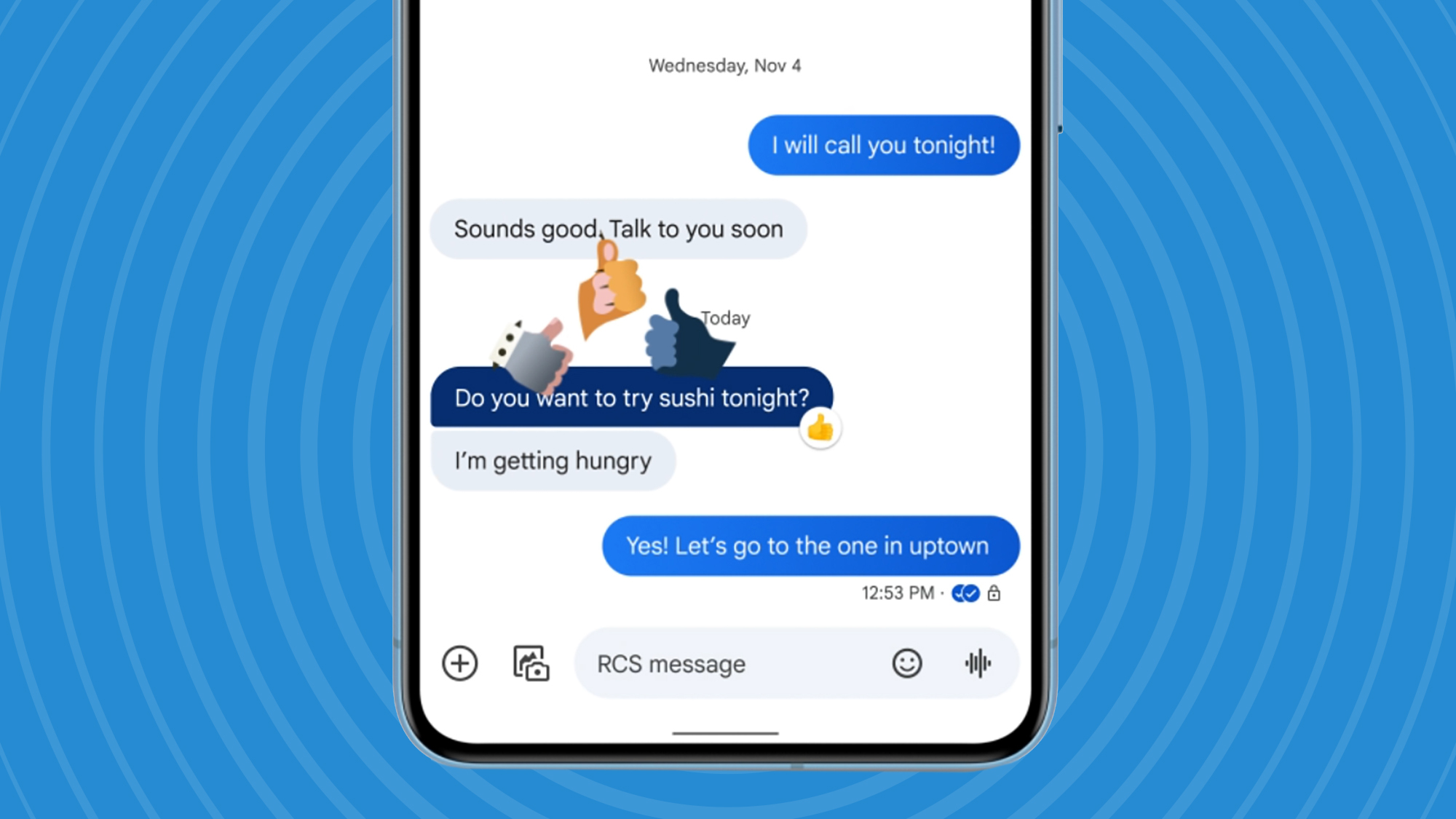























































































































































![[The AI Show Episode 146]: Rise of “AI-First” Companies, AI Job Disruption, GPT-4o Update Gets Rolled Back, How Big Consulting Firms Use AI, and Meta AI App](https://www.marketingaiinstitute.com/hubfs/ep%20146%20cover.png)











































































































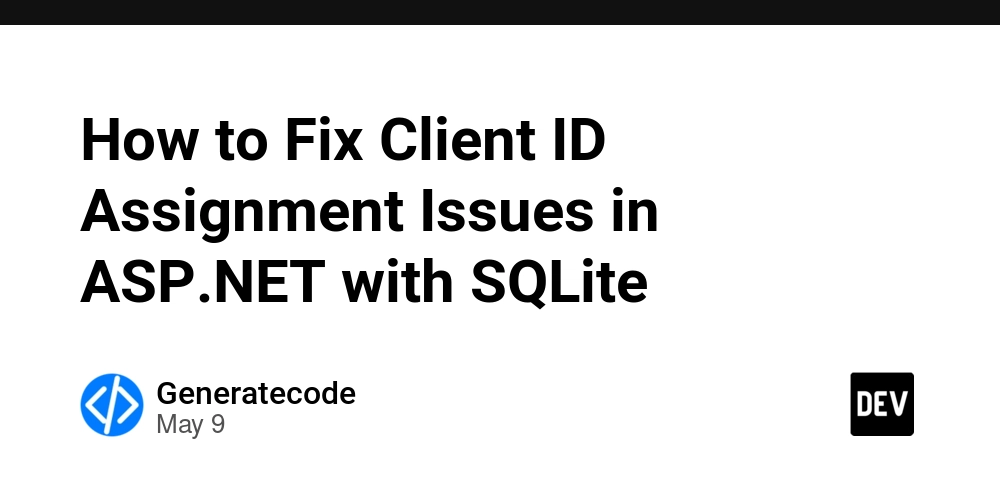
















![Ditching a Microsoft Job to Enter Startup Hell with Lonewolf Engineer Sam Crombie [Podcast #171]](https://cdn.hashnode.com/res/hashnode/image/upload/v1746753508177/0cd57f66-fdb0-4972-b285-1443a7db39fc.png?#)





























































.jpg?width=1920&height=1920&fit=bounds&quality=70&format=jpg&auto=webp#)




















































-Nintendo-Switch-2-Hands-On-Preview-Mario-Kart-World-Impressions-&-More!-00-10-30.png?width=1920&height=1920&fit=bounds&quality=70&format=jpg&auto=webp#)


















































































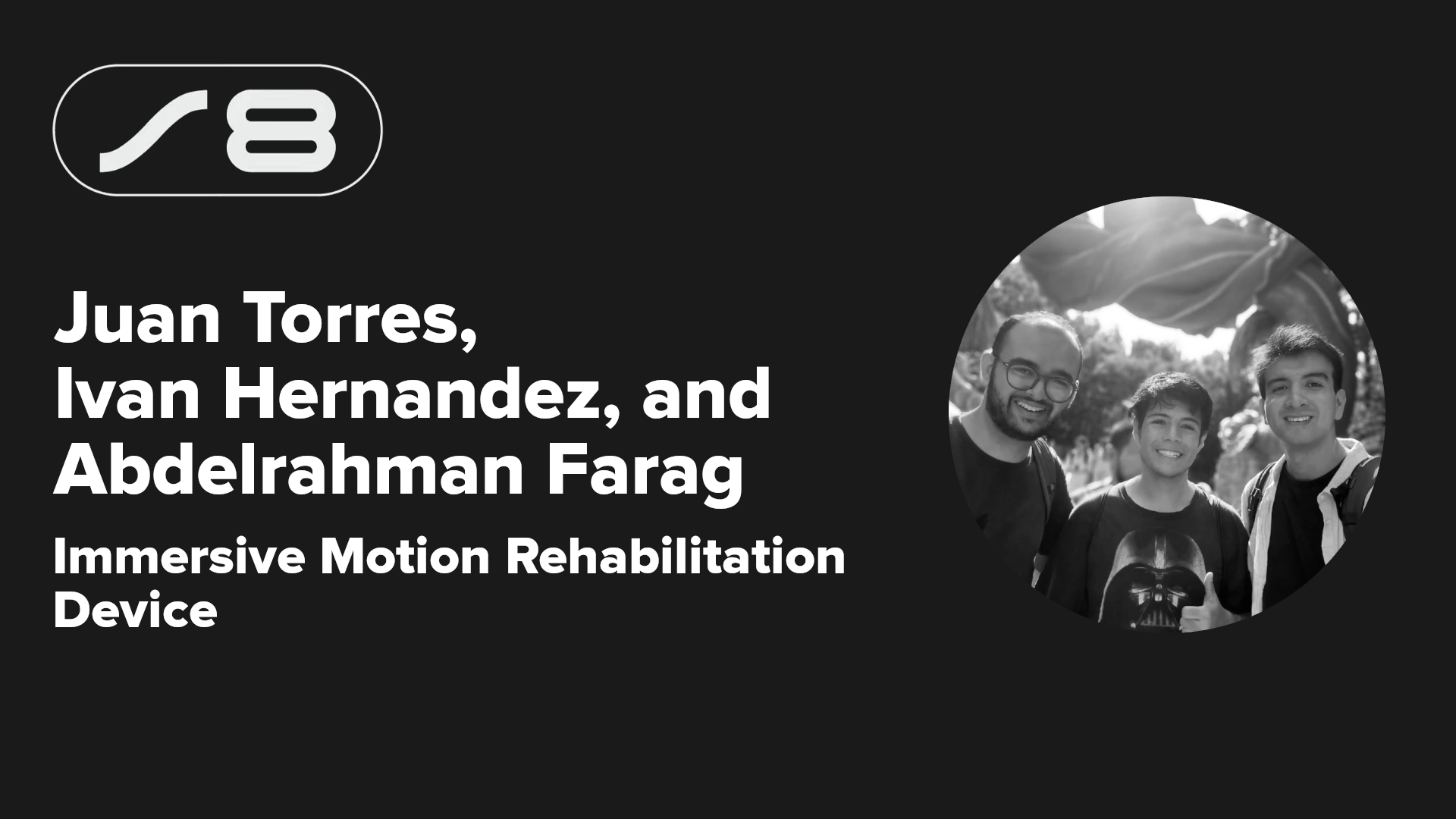

























-xl.jpg)



























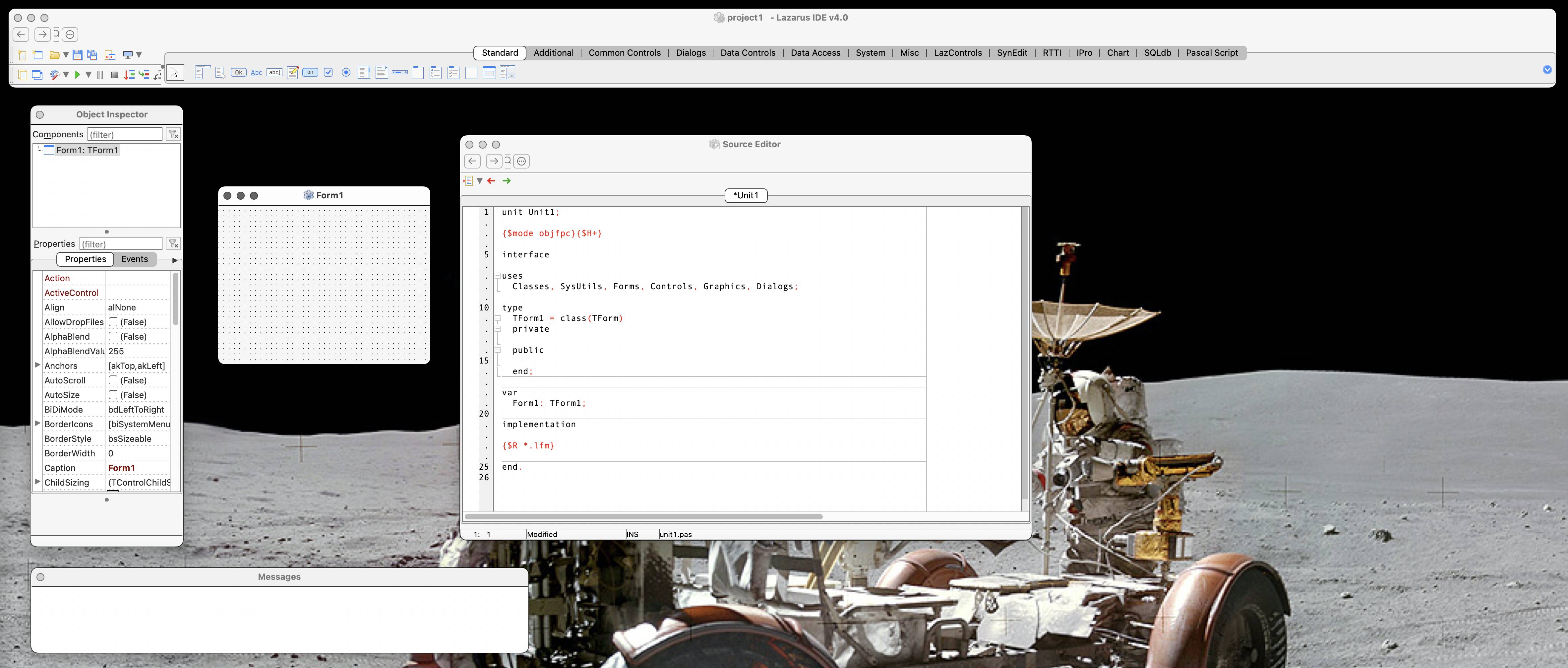

![New iPad 11 (A16) On Sale for Just $277.78! [Lowest Price Ever]](https://www.iclarified.com/images/news/97273/97273/97273-640.jpg)

![Apple Foldable iPhone to Feature New Display Tech, 19% Thinner Panel [Rumor]](https://www.iclarified.com/images/news/97271/97271/97271-640.jpg)





































































![[Weekly funding roundup May 3-9] VC inflow into Indian startups touches new high](https://images.yourstory.com/cs/2/220356402d6d11e9aa979329348d4c3e/WeeklyFundingRoundupNewLogo1-1739546168054.jpg)


























